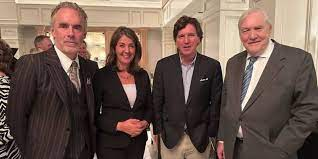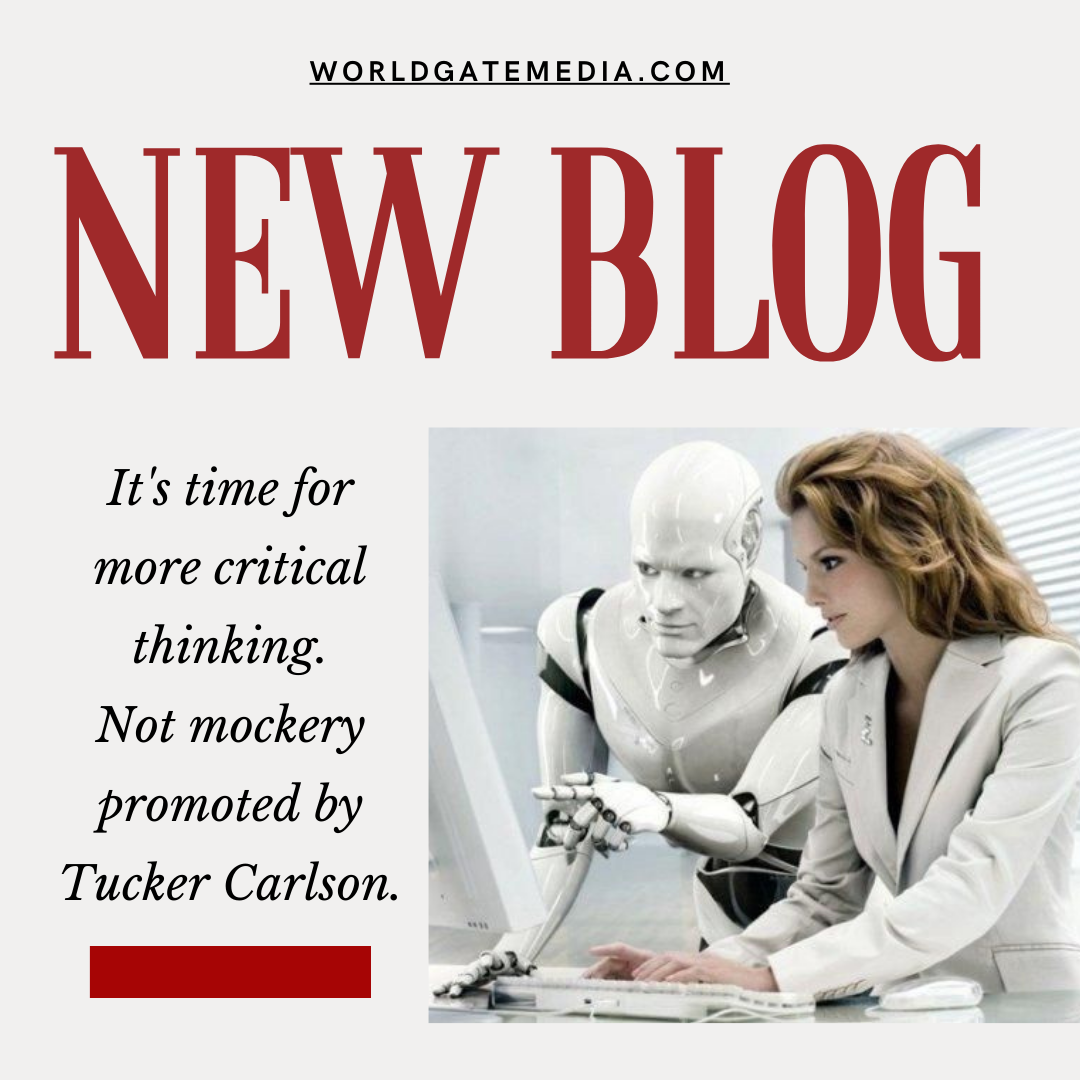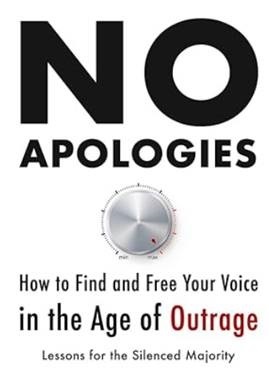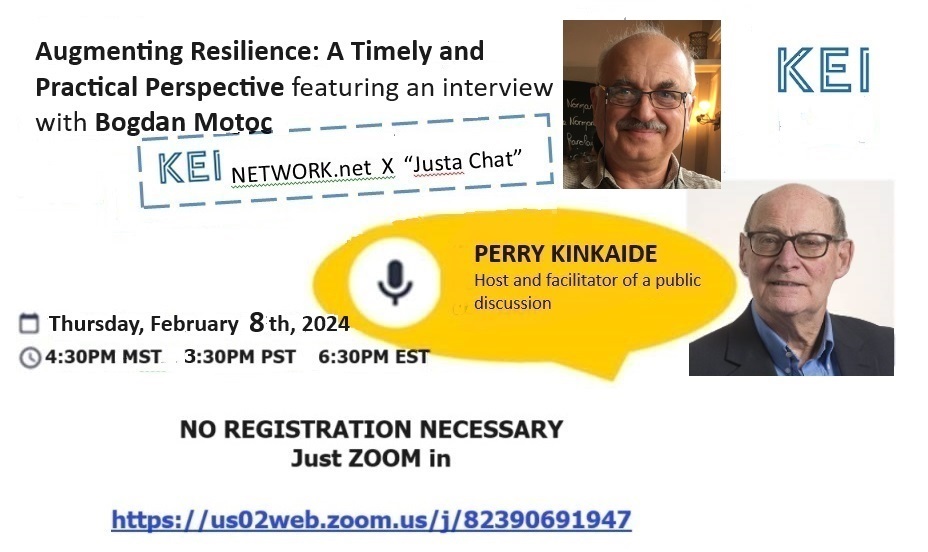
Last week's webinar "How Better Project Management Can Contribute to Reversing Declining Productivity" can be viewed HERE https://youtu.be/nfB_qZeHiQ0
Slowing Down to Think
Several years ago, it was brought to my attention that farmers could be an excellent source of policy advice. "Why?" I asked, only to learn that they have ample time to reflect: they have little to do in winter and spend hours plowing row after row. Today, there's a noticeable rural/urban divide, with urban centers experiencing rapid urbanization and multicultural immigration. Does the pace of change and the vastly different circumstances contribute to today's irreconcilable policy differences between urban and rural areas?
Urban areas are undergoing rapid changes, which can be viewed as the foreground, while changes in rural areas occur at a slower pace – the background. The influx of immigration and migration to urban centers is creating a rich mosaic of multicultural perspectives, where the pace of change and the pressure to adapt are complex and significant. Diversity is an urban reality. Harmonization is expected, yet often viewed with suspicion. Differing expectations create tension, challenging leaders and leading to extremes, often escalating as tolerance diminishes.
Critical thinking takes time and effort. Being busy should be no excuse. During times of change and conflict, critical thinking is essential for our mental health and for a civil, tolerant, and accepting society. We hope that our youth are being taught to think critically and to accept diversity: in the family, the classroom, and beyond. This is crucial in a democracy where free speech and a free press allow for the exposure of differences, contributing to learning and an informed citizenry. Conflict is tolerated and more transparent than in societies where differences are suppressed. However, even in democracies, differences can be stifled by 'woke' ideologies employing "oppressor" tactics and mob rule to silence critics. It is particularly important to encourage, not suppress, people expressing their views without resorting to violence.
As we approach an election, a time to resolve policy differences, we will encounter a wide range of rather extreme views on change and the future. In fact, we have been hearing a lot of nonsense about "oppressors" since the last election cycle. The quest for power is ongoing, not just triggered by the run-up to an election.
We continue to be exposed to some of the most absurd perspectives on change: where it is coming from, its motives, who is behind it, and its consequences—political, environmental, socio-demographic, economic. Leader views are in the news, with extreme views being selectively amplified by the media. Few messages from moderates are heard; those that penetrate are filtered for sensationalism, often triggering fear, confusion, and anxiety. This can wear us down.
What should we do? Think critically. Listen and consider the objectives of the messenger. For many, it is a quest for your trust and their power to enact change. Some views expressed will be absurd; some serious, others merely for garnering attention. Style, motivation, and facts matter. Critical thinking is more important than ever.

This brings me to the Tucker Carlson Live event in Edmonton last week, which I attended out of curiosity. My goal in attending was to observe and understand Tucker Carlson's message, his style of delivery, and his audience. I won't focus as much on his content, as it is already well-known and extreme - see below. He believes there to be a global conspiracy of disinformation aimed at undermining trust in authority, positioning himself as an anarchist eroding societal sources of trust. Conrad's criticism of the RCMP wasn't far off; he is bitter. Jordan Peterson's message was more comforting. He didn't dwell on institutional, political, or union abuses but emphasized the audience's individual power in a democracy. He urged us to think critically, be authentic, and own our views. His almost spiritual message highlighted that as individuals, we make up society and are the source of civil thought. He encouraged us to slow down and think more critically about what we hear. My takeaway - we need more farmers and fewer hucksters. What's your view? - Editor@KEInetwork.net
 Sharon MacLean of WorldGate Media shares her perspective HERE ... as does
Sharon MacLean of WorldGate Media shares her perspective HERE ... as does
Kerry Diotte courtesy of Troy Media echoes Tucker's views of Trudeau and Freeland HERE
 Katherine Brodsky writes about outrage and the importance of speaking out HERE
Katherine Brodsky writes about outrage and the importance of speaking out HERE
PUBLIC WEBINAR
Augmenting Resilience: A Timely and Practical Perspective
4:30PM MST February 8th, 2024
Zoom in
https://us02web.zoom.us/j/82390691947
Given the social chaos rampant today, it is timely and important that we - and particularly our youth, be prepared for what it takes to be resilient. They need to learn critical thinking for traversing disinformation in social media and for sorting out truth from messages meant to manipulate them, their persona, purchases, beliefs. Bogdan Motoc has been invited to share his journey and help us discover our options.

Bogdan Motoc is a recognized authority in Safety Critical Systems Engineering, Systems Thinking, and Artificial Intelligence. He combines his formal education with a diverse array of professional accomplishments ranging from involvement in Virtual Reality edutainment to holding senior positions in ministries of Defense and Healthcare. His path reflects resilience following a near-death encounter, that profoundly altered his perspective on life. As a speaker and writer, Bogdan shares his passion and accumulated insights. His fundamental values—freedom, structure, and a deep concern for others—shine through his endeavors, promoting a comprehensive approach to life and the dissemination of knowledge.
Interesting Contributions
Here are a few of the more interesting contributions submitted to KEI this week.
Artificial Intelligence - a warning
The dangers of excessive "individualism" as promoted by on-line therapeutic language. WIRED pg. 12 HERE
Business confidence - weak forecast
PricewaterhouseCoopers annual global CEO survey revealed that 1/3 of Canadian CEOs doubt their companies' viability over the next decade. Only 25% of Canadian CEOs expect economic growth this year vs 44% of international business leaders
Critical thinking - worth the effort
Critical thinking is the disciplined process of actively and skillfully conceptualizing, applying, analyzing, synthesizing, and/or evaluating information gathered from, or generated by, observation, experience, reflection, reasoning, or communication, as a guide to belief and action. It involves questioning and scrutinizing ideas and assumptions rather than accepting them at face value.
Critical thinking requires a clear, often skeptical, evaluation of data, factual evidence, and arguments, leading to a more objective understanding. It enables individuals to solve problems systematically, make better decisions, and form reasoned judgments by identifying biases, recognizing incomplete or misleading information, and evaluating the validity of logic or arguments.
Humour - take a break
Font Humour HERE The origins of Ground Hog Day HERE Project demo gone wrong HERE
Parenting - smaller families, older parents and grandparents
Canada’s 2022 fertility rate of 1.33 children per woman was the lowest in over a century, a 7.7% decline from 2021. The average age of mothers at childbirth has risen from 26.7 in 1976 to 31.6 in 2022
Alberta joins New Brunswick and Saskatchewan in recognizing parental rights and responsibility HERE
Energy - transitions underway
Nuclear prospects for Alberta HERE
The Alberta Investment Management Corp. (AIMCo) has launched a new $1-billion fund focused on investing in global energy transition and decarbonization sectors.
Politics - US style
In praise of Joe Biden HERE Trump means chaos HERE
Reconciliation - sharing Crown Lands
B.C. government to consider sharing the management of Crown land with First Nations as per the UN Declaration on the Rights of Indigenous Peoples (UNDRIP) HERE
Environment - weather extremes
Water gone missing Courtesy of Angus Watt Advisory Group HERE
Drought conditions in Western Canada are affecting hydroelectric power production in B.C. and Manitoba. BC Hydro has been importing approximately 20% of their energy needs primarily from Alberta and western U.S. Manitoba Hydro is projecting a net loss for the fiscal year, like the loss in 2021. due to severe drought conditions.
The Mountain View Regional Water Services Commission in Alberta has banned the use of its treated water for fracking by oil and gas operations; influenced by potential severe drought this year. Alberta is at its second-highest level of water management, and a province-wide emergency is the next stage. Alberta's government is moving to negotiate water-sharing agreements for the Red Deer River, Bow River, and Old Man River basins, for the first time since 2001.
Spain is facing a water crisis with reservoir levels dropping below 16% after 39 months of low rainfall and 2 years of record heat.
Catalonia is spending USD$2.6 billion to end dependency on rainwater and expand desalination capacity.
Mexico City is facing water shortages, prompting protests from residents over the lack of access to water. he population of 21 million is struggling due to years of low rainfall, chaotic urban growth, and outdated infrastructure.
Water found - flooding elsewhere! Courtesy of Microsoft Bing
Canada - Flood risk still high for B.C.'s South Coast
USA – Floods in California Prompt Dramatic Rescues in San Diego
DONATE
If you are finding our newsletters and webinars of interest please consider making a donation by visiting KEInetwork.net Your support helps us explore and inform, maintain and grow the Network.
